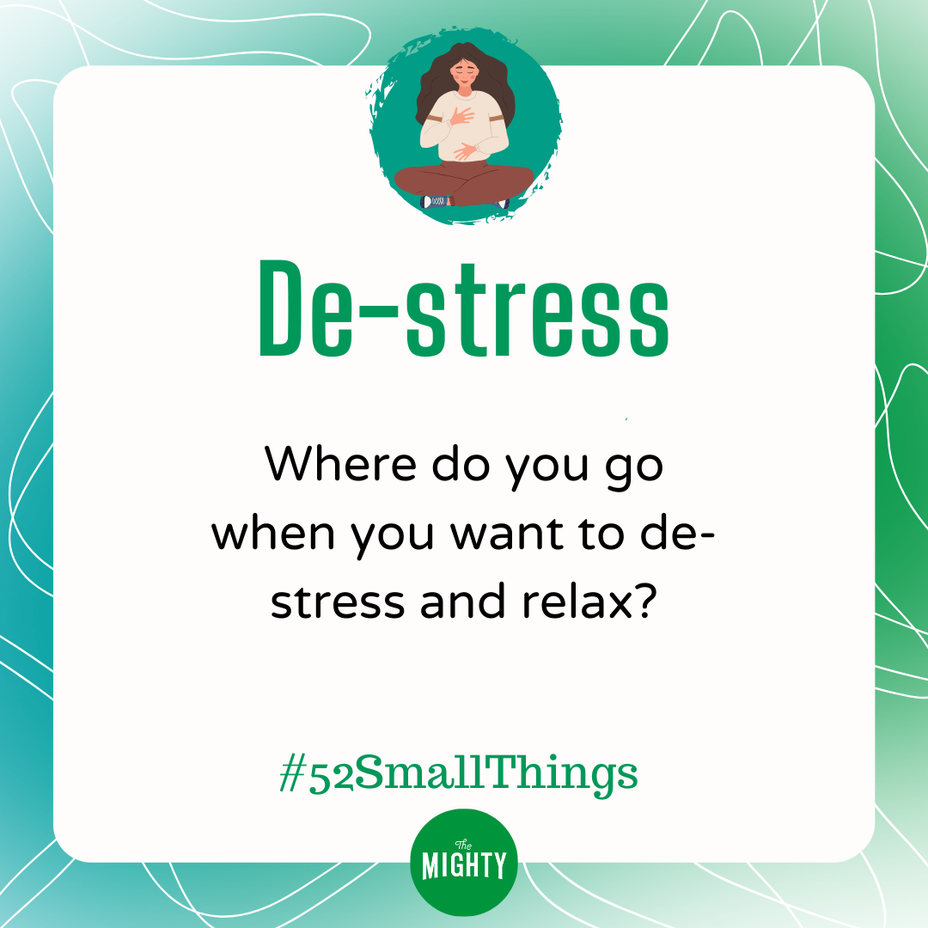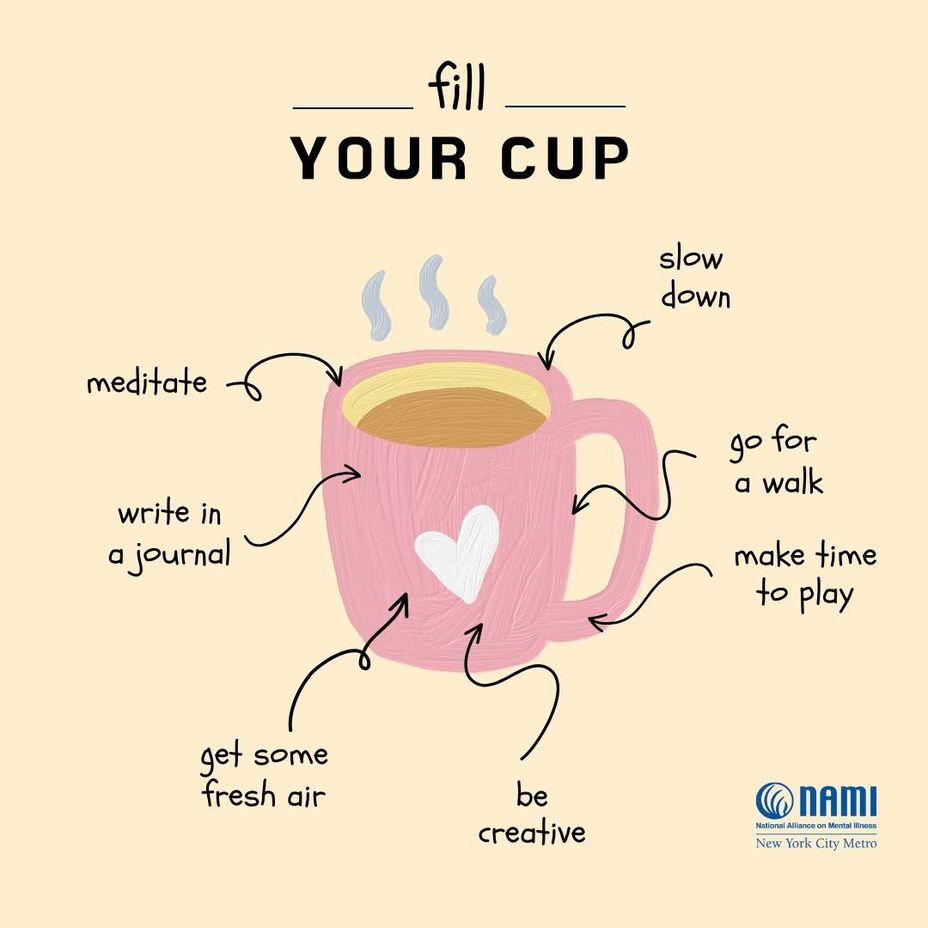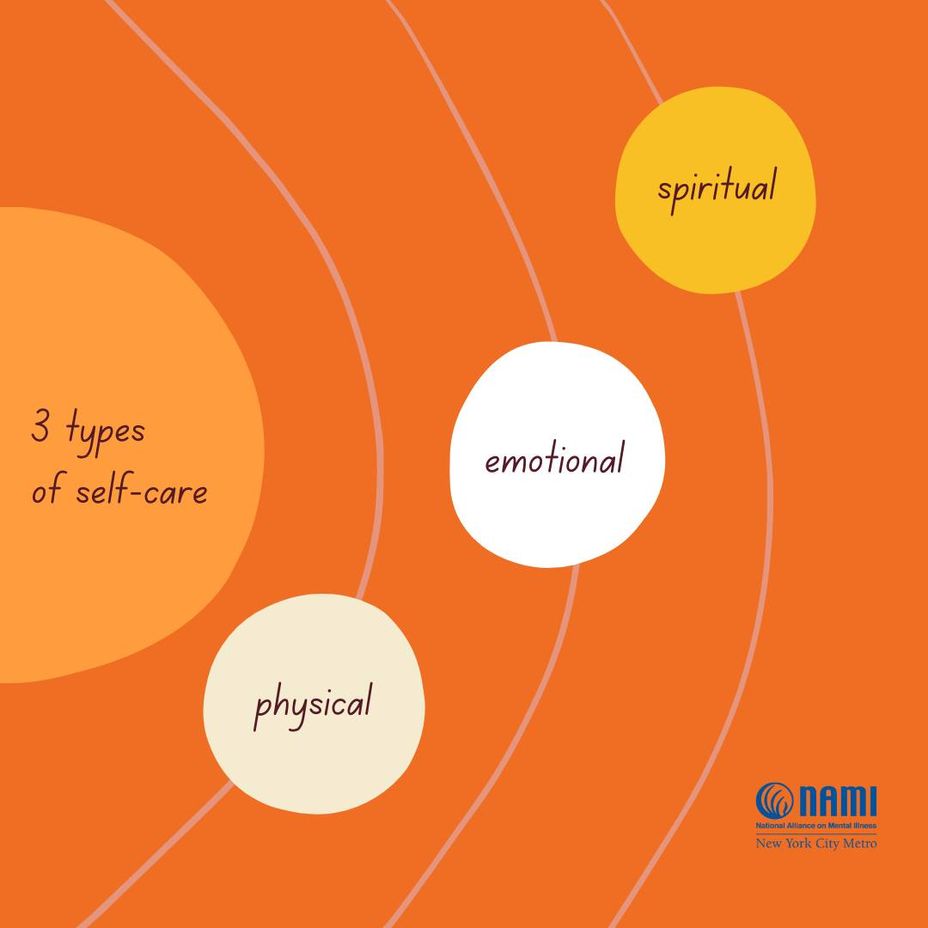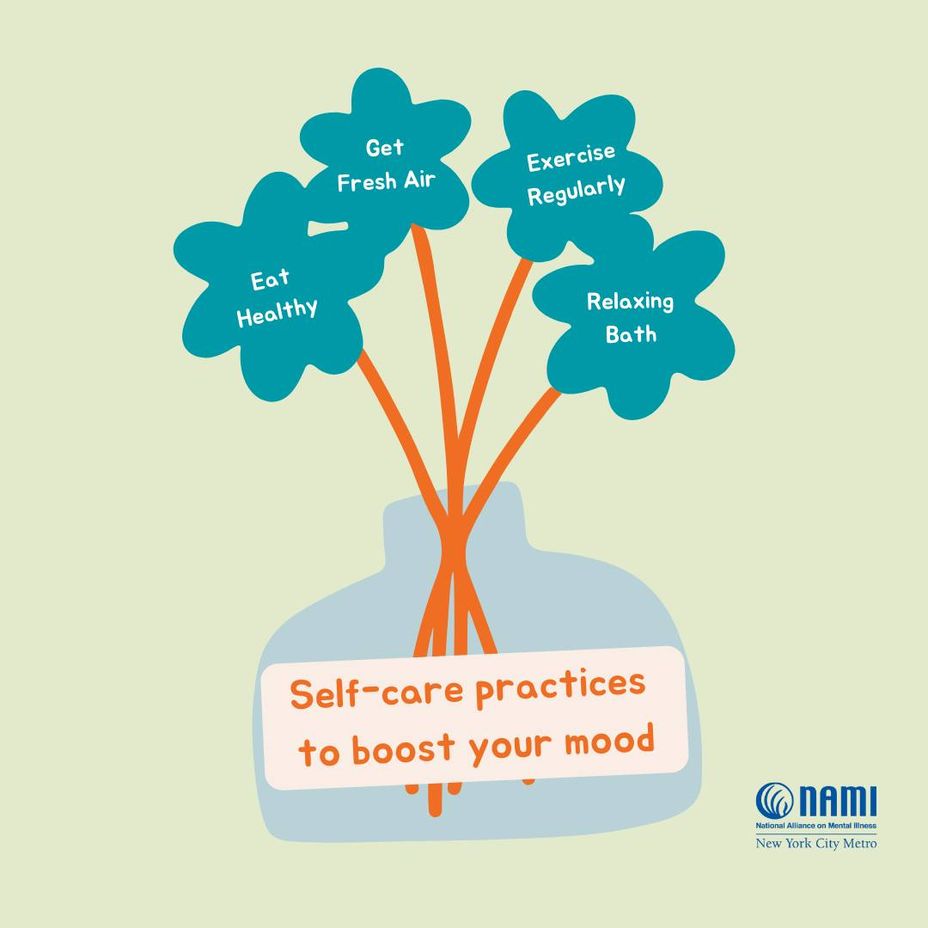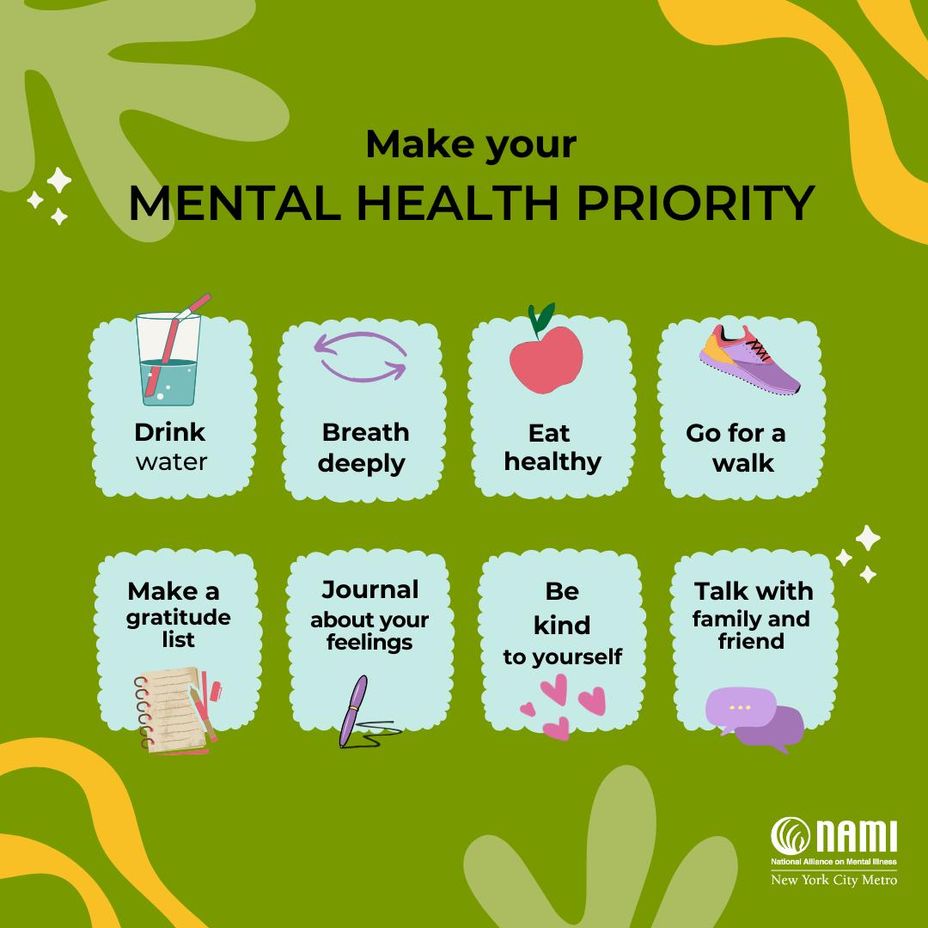I know I need to declutter both my environment and my mind. My mind most of all—but for me, it always starts with what I can see. Visual clutter overwhelms me in a way that’s hard to explain. When things are disorganized and out of place, my nervous system goes into overdrive. I can’t focus. I can’t feel inspired. Instead, my inner critic gets loud, convincing me that I’m lazy or unmotivated, when the truth is much more complicated than that.
Lately, depression has been heavy. My body and mind feel drained, like the battery is completely dead. Some days, even small tasks feel impossible. When I look around at the mess, the shame creeps in—not because I don’t care, but because I don’t have the mental energy to fix it in that moment.
That’s when I remind myself: decluttering doesn’t begin with cleaning. It begins with care.
Decluttering the Mind, Gently
As a neurodivergent person, my thoughts pile up quickly. Emotions don’t pass through me quietly—they linger. So I’ve had to find small, accessible ways to create mental space before I can even think about tackling my physical surroundings.
For me, decluttering my mind looks like this:
Writing everything down—especially the thoughts I don’t know how to say out loud.
Naming what I’m feeling without trying to fix it right away.
Stepping back from constant noise and digital overwhelm when my brain feels too full.
Letting emotions move through me instead of bottling them up until I break.
Resting without trying to earn it, even when guilt shows up.
Writing, especially, has become a lifeline. I tend to hold everything in until it spills over in a breakdown that looks dramatic from the outside. But it’s never about attention—it’s about release. Writing helps me empty my head just enough to breathe again.
Hobbies help, too. Depression tells me to do nothing, but my brain needs stimulation or the emotional intensity grows louder. So I lean into the things that comfort me—baseball, Italy, food, movies, books. Familiar interests ground me. They gently lift my mood and help me build enough momentum to move forward.
Decluttering the Space, One Small Step at a Time
Eventually, that momentum leads me back to my environment.
Recently, I finally cleaned out my closet. Letting go has never been easy for me. I form emotional attachments to clothes—to memories, to past versions of myself, to who I thought I’d be. But this time, I didn’t overthink it. I let go of what no longer fit—physically or emotionally. And while it was nerve-wracking, it also felt freeing. Like quietly closing one chapter and making space for another.
When it comes to decluttering my space, I’ve learned to approach it with the same gentleness:
Starting small—one drawer, one shelf, one corner at a time.
Letting go of items I keep out of guilt or “just in case” thinking.
Clearing surfaces to create visual calm instead of chasing perfection.
Keeping what feels comforting and supportive, not what adds pressure.
Allowing my space to be functional and lived-in, not flawless.
Each small step matters. I don’t need to overhaul my entire life in one day.
Making Room to Breathe
Reducing clutter has become less about control and more about compassion. It’s about noticing what overwhelms me, what drains me, and what belongs to a version of myself I’ve outgrown. I don’t need to strip my life bare—but every time I let something go, physically or emotionally, I create a little more space.
And in that space, I find breath.
I find softness.
I find the beginning of change.
What would it look like to clear just a little space today—not to be productive, but to be kinder to yourself?
“The ability to simplify means to eliminate the unnecessary so that the necessary may speak.” — Hans Hofmann
#MentalHealth #selfcare #Neurodiversity #Depression #Anxiety #ADHD
